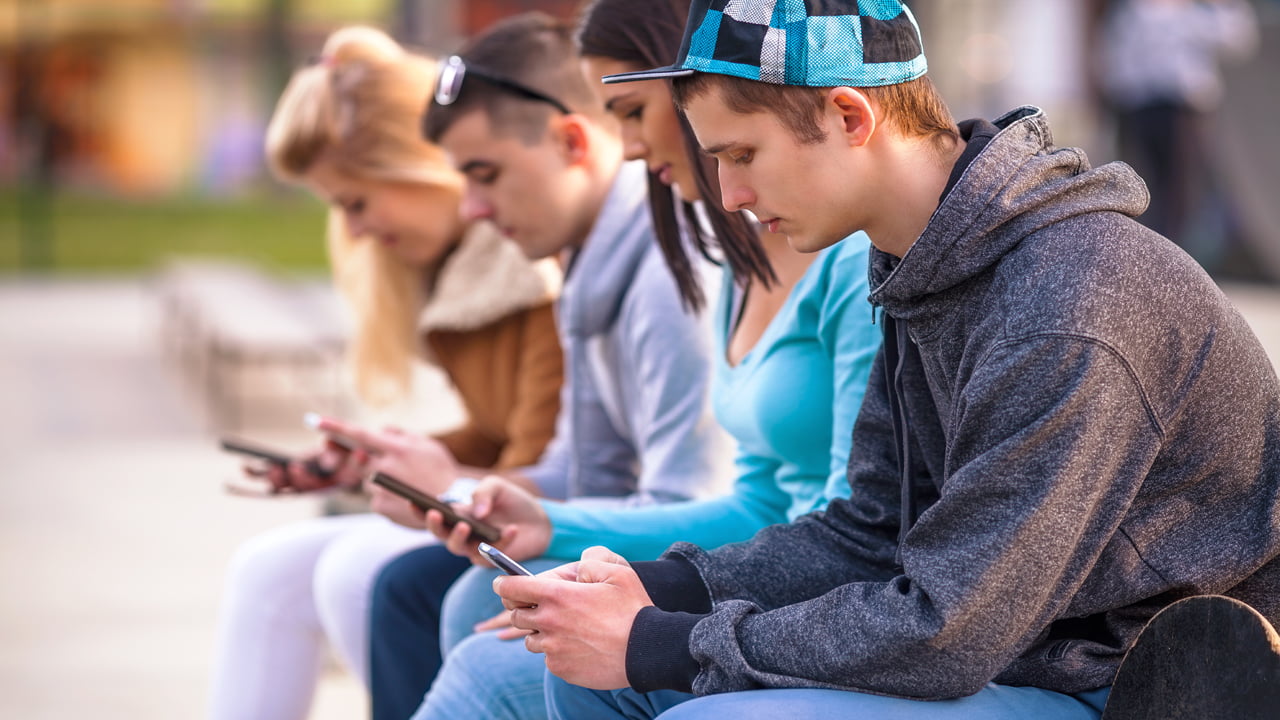Heading Towards a New Way of Life: The Positive Effects of Covid-19
The year 2020 will be much talked about in the history books. And it will
stand out in the memory of all of those who lived through it. The year of
the worldwide health emergency – the year of the so-called Covid-19 or
Coronavirus – is the year that revolutionized the way the entire world
functions. It is the year we were forced to stay locked in our homes, to go
out only in case of necessity, that took some of our loved ones from us or
distanced us from them, and that pushed our healthcare systems, the
economy, our jobs and relationships to the limit.
In motivational speeches, it is usual to talk about the concept represented
by the Japanese ideogram, the Wēijī. Even some people considers it
a fallacy, the thought of Wēijī is perfectly suited to the
above-mentioned historical period that we could end up “in crisis” and from
which we could still take “opportunities”. Let’s see together if even in
the case of the Coronavirus it is possible to seize an opportunity, a
moment of growth and collective improvement.
Digital Solidarity: When Technology Helps Us Live Better in the Days of
the Coronavirus
The Coronavirus has brought back the potential of technological and digital
innovation. In these days of the pandemic, new technologies have been
providential in helping to deal with this difficult situation and in
cushioning the psychological impact of isolation that the Covid-19 would
have had on all those people who were used to living with a different
lifestyle and relationships before the lockdown. Here are some examples:
-
The importance of
artificial intelligence
: the improperly called Artificial Intelligence, i.e. the
computerized handling of big data, has proved to be an additional
weapon in the research and constant fight against the coronavirus.
Every day research centres around the world use it to work toward a
possible vaccine against the disease by making notable
contributions, as was reported in an article by
Toward Data Science.
-
The reduction of distances
: Covid-19 has forced many families, loved ones, and people to
remain physically distant in order to safeguard each other from
this virus and, above all, to keep everyone safe from an at-times
fatal contagion. The new media have helped to break down
interpersonal space by bringing people together via video calls,
helping many people feel less lonely during the lockdown period. -
The revenge of smart working
: as stated in a recent article in the Italian economic newspaper
Il Sole 24 ore: “For the first time, with the Covid-19 emergency
smart working has suddenly become a necessity and a priority to
protect people’s health, work, and services. From today to
tomorrow, companies and public administrations have been asked to
make this transformation, when, just a few weeks earlier, agile
work was part of a broader process of digitization of work that was
proceeding at a slower pace.” The concept of telework has been part
of the culture and vocabulary of international companies for more
than four years now. Nevertheless, it has been little considered or
applied by companies in recent years – up until today. In an
interesting article, the Level OfficeLandscape analyzes the
percentage numbers of companies in a country with a difficult
working situation like Italy. It’s a bit disappointing if we take
into account the statistics published in 2017 by Great Place To Work
, which shows Italy among the slowest in Europe compared to other
European cities or the U.S. with a trend of over 37% and growing in
the last three years. What are the reasons against smart working?
Ignorance? Poor organization? Control mania? Fear? Whatever the
answer, at a certain point, with the advent of the Coronavirus, the
institute of smart working – better defined as telework – has been
the lifeline for many companies and many workers who have managed
to stay afloat in an unstable economic market in crisis and at the
same time not lose their jobs. -
Ecommerce and e-banking
: the ability to make purchases and perform all banking
transactions from your laptop or smartphone has certainly helped
people to not gather in larges masses in shops, at the post office,
at the bank or businesses that sell essential and non-essential
goods. A surprisingly important aspect of ecommerce during this
time has been home deliveries – and online shopping – which has
helped people to reduce the amount of times they have to leave
their homes even for essential goods. They’re able to stay home,
keep their fridges full, and have a good meal at the end of the day
brought to them thanks to a store or restaurant that has continued
to deliver at home.Towards Post-Covid
“I wonder what the post-coronavirus world will be like” is one of
the thoughts that plagues everyone these days. Among the many
articles or multimedia materials that we can find online that
discuss what may happen, there are particular analyses carried out
by eMarketers, which hypothesize about a world that has become
totally distorted from the world that we once knew. This is a
crisis that we could describe as being dark with just a glimmer of
light shining through, representing the breakthrough of technology.
The post-covid world will be a completely digital world where
initially we will keep our distance from the people who will be
brought together by the digital world. According to eMarketer
research, we can define two macro categories of those who will have
to begin again that are called “Telehealth” and “Teleconferencing.”
The first category refers to the healthcare world that sees the
physical location of the hospital and the relationship between
doctor and patient, where possible, digitalized and the nation’s
hospitals interconnected. The second, instead, refers to the work
setting, which will be quite changed. Agile work will be the first
to take root in innovation, and an increase in digital
transformation strategies is expected within the companies:
telework projects and strategies will increase.“Nothing is created, nothing is destroyed, everything is
transformed,” it is with this phrase that, in physics,
Antoine-Laurent de Lavoisier coined the so-called law of
conservation of matter in chemical reactions, and that of the
philosophical precedents in Aristotle and Democritus, and this is
the phrase that, surely, synthesizes the year 2020. The coronavirus
has certainly opened a global wound and, like with any wound, it
will take time for it to heal. The world will change, we will
change, and we will have to make changes and transform ourselves in
order to prepare and create, together, what will be the present and
the future of our society.















